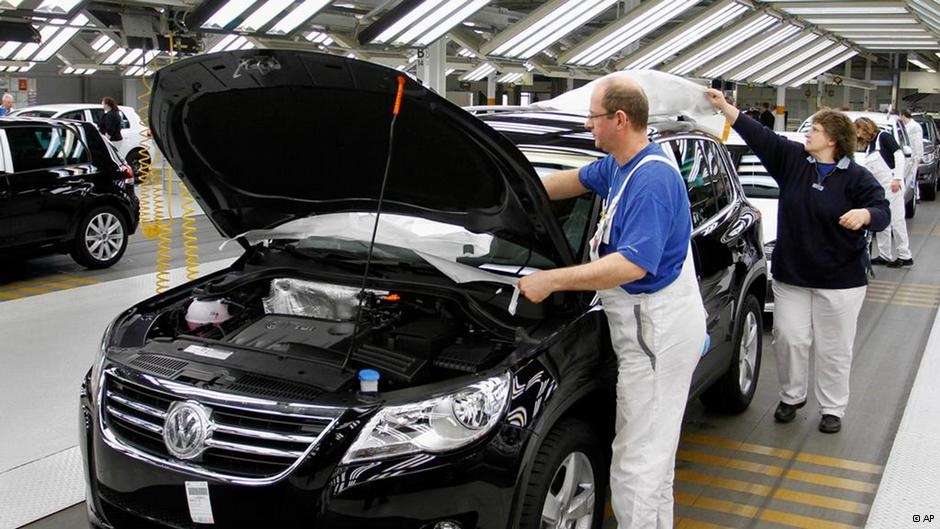Common Mechanical Issues in Used German Cars & How to Avoid Costly Repairs
German cars are globally admired for their performance, luxury, and innovative engineering. Brands like BMW, Mercedes-Benz, Audi, and Volkswagen have built a reputation for offering vehicles that are a joy to drive and built to last. However, when it comes to buying a used German car, many owners experience unexpected repair costs.
These vehicles, while reliable in many respects, come with specific mechanical challenges that should not be ignored. In this blog, Drive UAE will explore the most common issues found in used German cars.
The Appeal of German Automobiles
Used German cars offer high-end performance at a more accessible price compared to new models. They’re often packed with premium features, strong engines, and solid build quality. However, with these benefits also come higher maintenance demands. Understanding the common mechanical problems in these vehicles helps you make an informed decision and manage your vehicle more efficiently.

Common Mechanical Issues in Used German Cars
There can be the following issues.
1. Electrical System Malfunctions
Modern German vehicles are loaded with advanced electronics and sensors, but these can become problematic over time. Faulty wiring, sensor failure, and issues with the CANBUS (a communication network within the car) are among the most frequently reported problems. These issues can affect the lighting system, dashboard functions, or even the ignition.
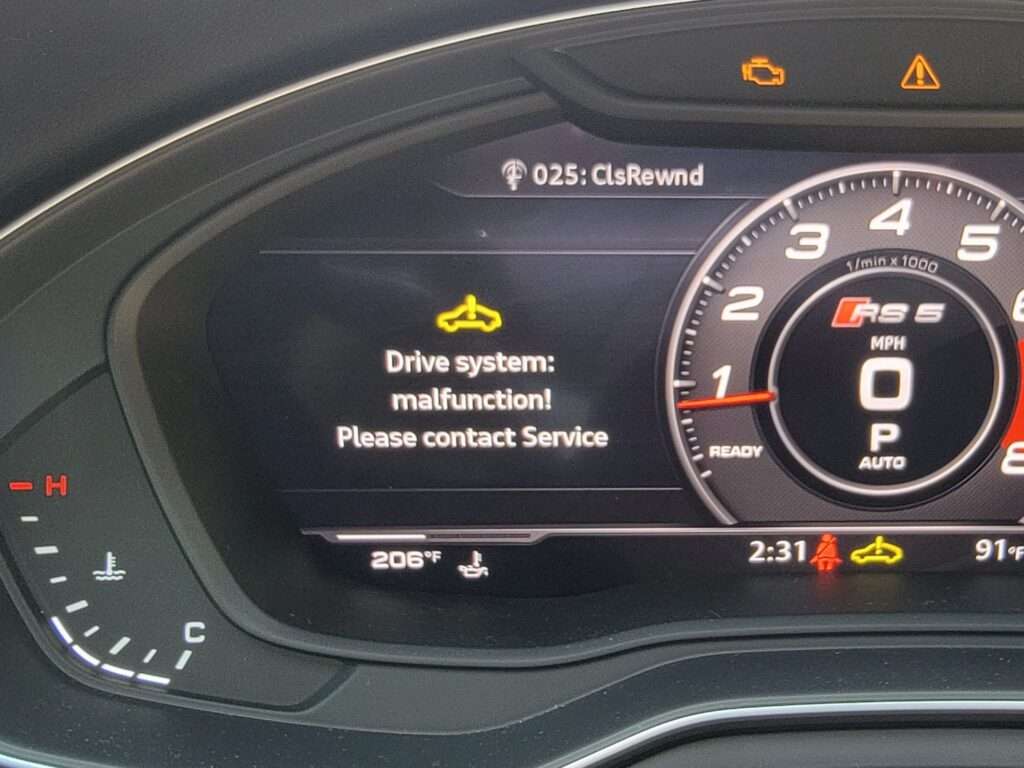
2. Oil Leaks
Oil leaks are very common in older German cars. These often originate from worn valve cover gaskets, oil pan gaskets, or seals. Even minor oil leaks can lead to larger engine problems if not addressed promptly. You might notice burning oil smells or oil spots under the vehicle as signs of a leak.
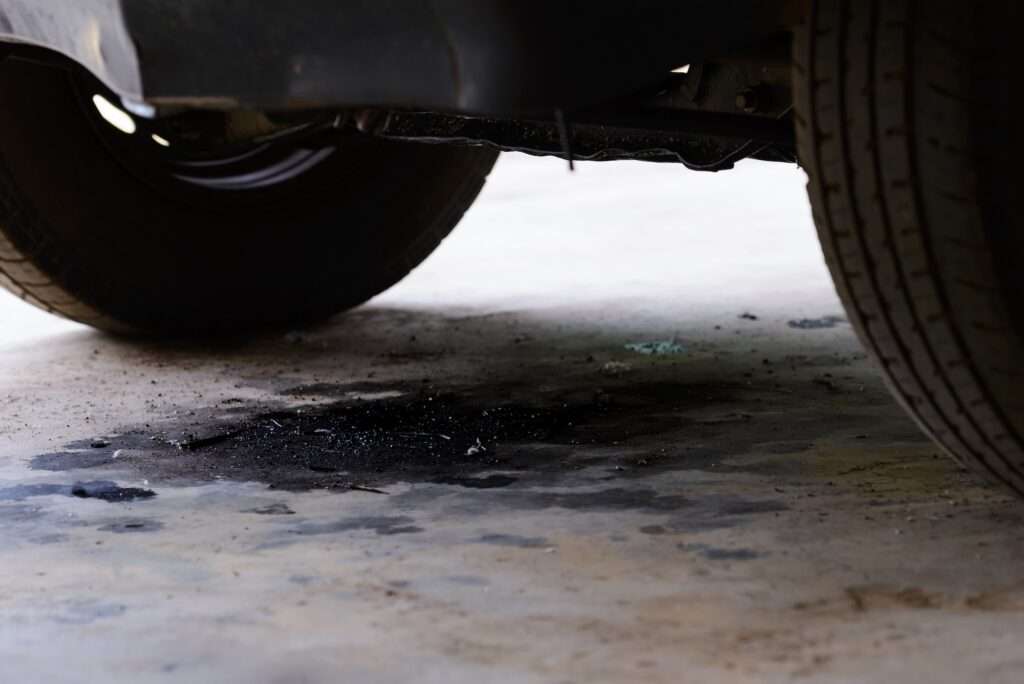
3. Transmission Problems
German vehicles, particularly those with automatic transmissions, sometimes suffer from shifting issues. Common complaints include rough shifting, hesitation, or transmission fluid leaks. Faulty torque converters and mechatronic units (which control gear shifting) are also typical issues in used models.
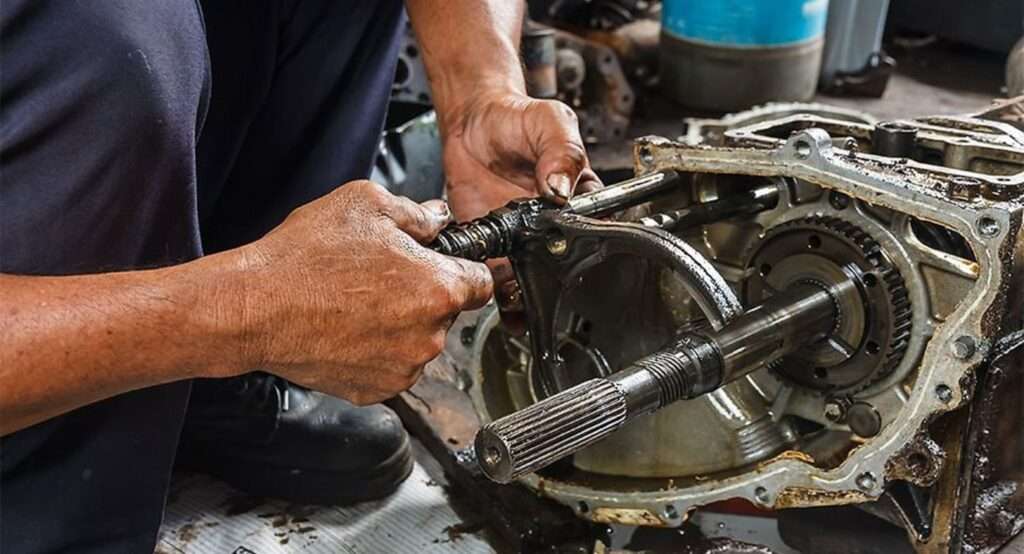
4. Brake System Issues
Brake wear is a concern in any vehicle, but high-performance German cars often require more frequent brake maintenance. Problems may include worn brake pads, malfunctioning ABS (Anti-lock Braking System), or leaking brake lines. These issues can affect braking performance and must be resolved quickly.
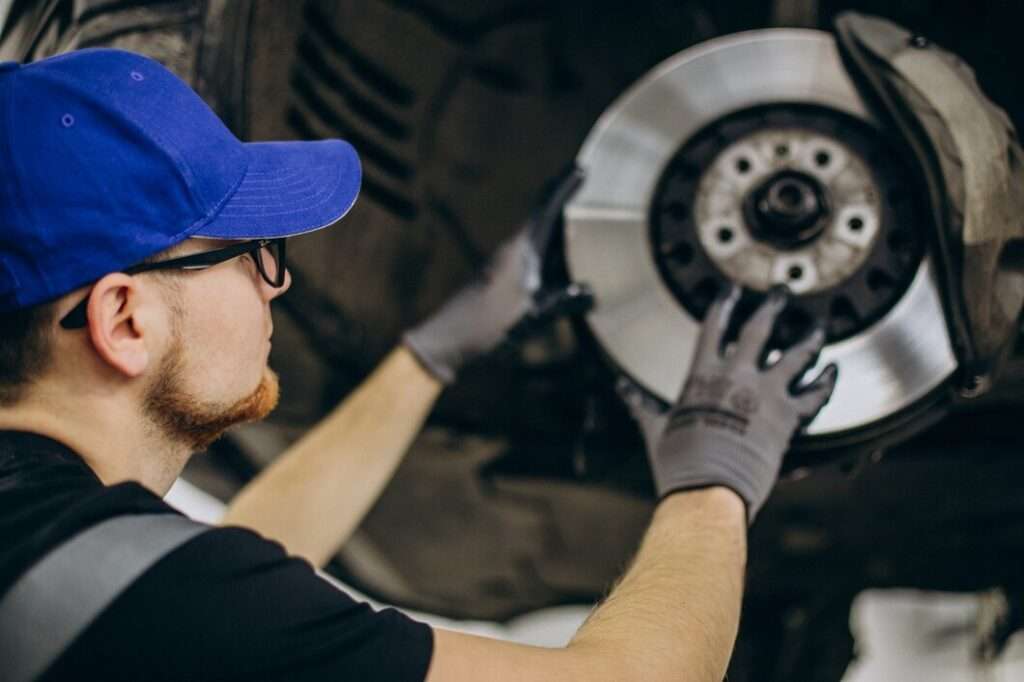
5. Suspension Wear and Tear
The suspension system in German cars, which provides smooth handling and comfort, includes parts like bushings, control arms, and struts. These components can wear out or fail over time, especially if the vehicle has been driven on rough roads. Symptoms include clunking noises, poor handling, or uneven tire wear.
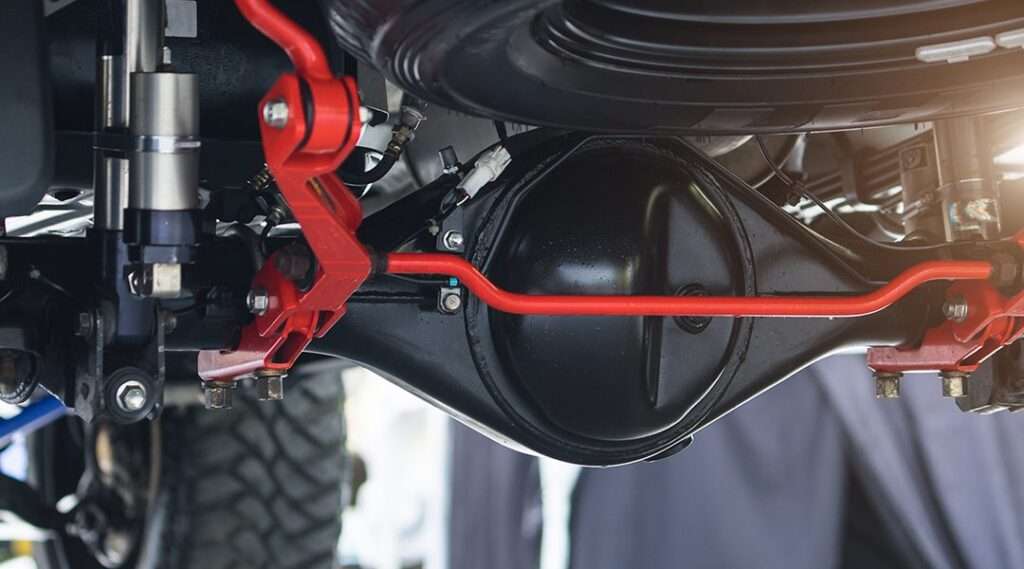
6. Cooling System Failures
German cars are known to face cooling system challenges such as failed water pumps, broken thermostats, and leaky radiators. These issues can result in overheating, which is dangerous for engine health. A frequent check of coolant levels and cooling system components is essential.
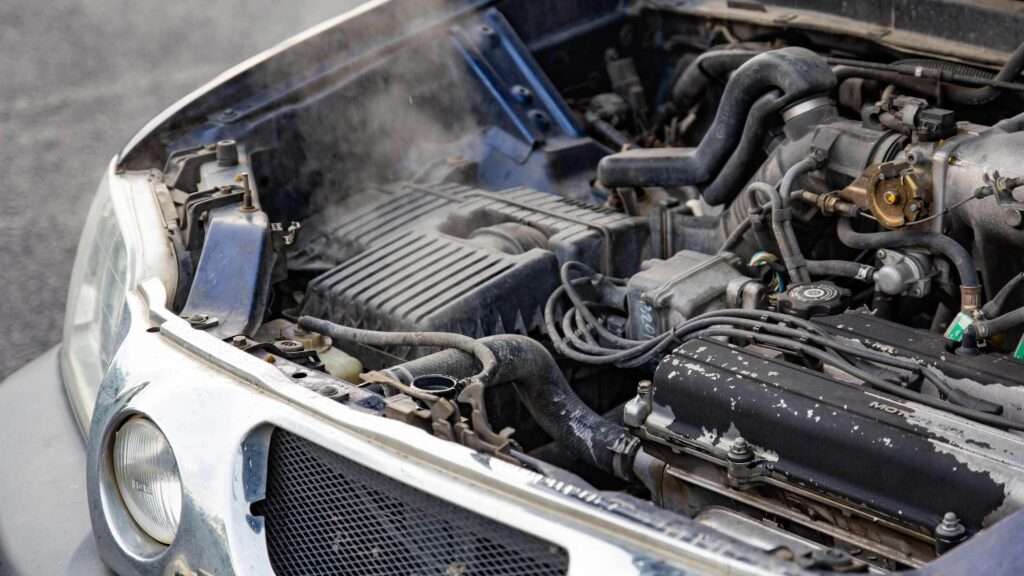
7. Engine-Specific Problems
Each German brand and engine type has its quirks. For example, BMW’s N54 engine is known for high-pressure fuel pump failures, and the Mercedes-Benz M272 engine has a common issue with balance shaft gear wear. Being aware of such model-specific problems helps in identifying symptoms early.

How to Avoid Costly Repairs
Knowing the problems is only half the battle. Taking the right steps in maintenance and care can help you avoid expensive repair bills in the long run.
1. Regular Maintenance
Always follow the manufacturer’s recommended service schedule. Regular oil changes, fluid checks, and filter replacements go a long way in preventing mechanical problems. Don’t delay routine maintenance, even if the car appears to be running fine.

2. Pre-Purchase Inspection
Before buying a used German car, have it thoroughly inspected by a certified mechanic, preferably one familiar with German brands. This inspection can uncover hidden issues such as engine codes, worn parts, or past accident repairs that the seller may not disclose.

3. Use High-Quality Parts and Fluids
German vehicles require specific grades of oil, coolant, and other fluids. Always use manufacturer-approved or OEM (Original Equipment Manufacturer) parts. Using lower-quality replacements may save money in the short term but can lead to major problems later.
4. Don’t Ignore Warning Signs
If a warning light comes on or you hear unusual noises from the engine or brakes, do not wait. Immediate attention can prevent minor problems from turning into expensive repairs. A small oil leak, for instance, can eventually damage the engine if ignored.
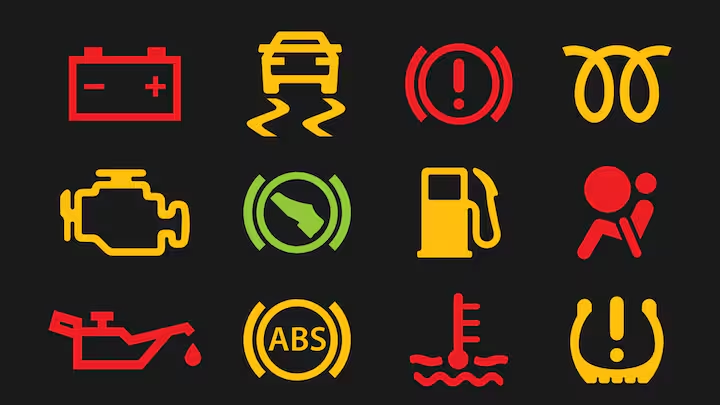
5. Choose a Reputable Service Center
German vehicles often require specialized knowledge and diagnostic tools. Going to a general mechanic who lacks experience with these cars can lead to misdiagnosis and improper repairs. Choose certified or specialized service centers that understand the nuances of German engineering.

6. Research Model-Specific Issues
Every car model has known problems that experienced owners share online. Take the time to read forums, reviews, and recall information for the specific make and model you’re considering. This will give you insight into what to expect and how to prepare for it.

Conclusion
German cars are admired for their design, comfort, and performance. When maintained properly, they can offer many years of driving pleasure. However, buying a used German vehicle requires careful attention to its mechanical condition and a commitment to regular maintenance.

